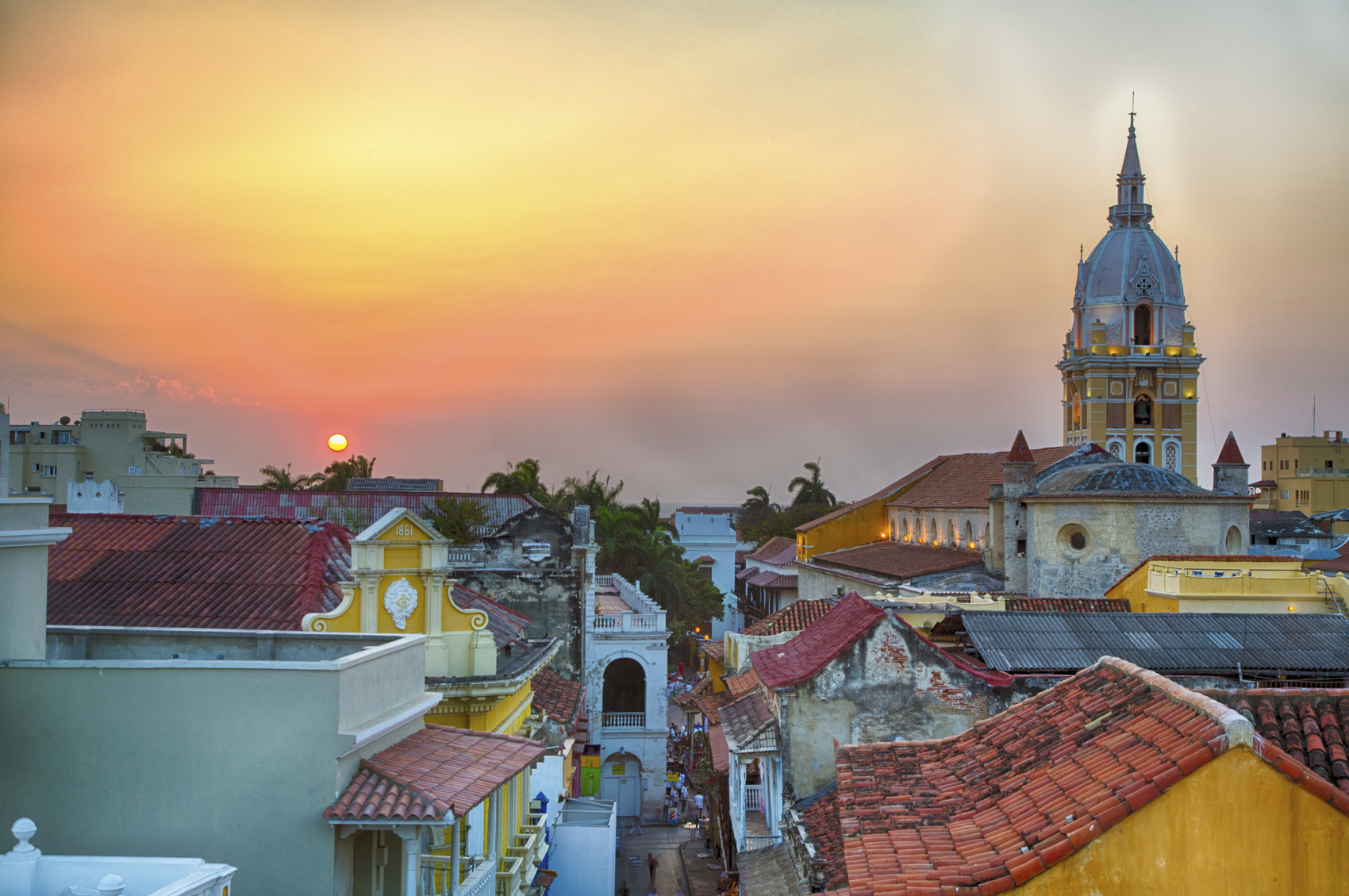
A political turning point for Colombia - a peace agreement between president Juan Manuel Santos and leaders of the Farc rebel group - came amid the economic uncertainty associated with downward pressure on commodity prices.
The South American nation, which was the fifth-largest crude oil exporter to the United States in 2015, has economic fundamentals that enabled it to withstand price declines better than regional peers, notably Venezuela.
According to the export- and investment-promotion agency Procolombia, foreign direct investment (FDI) in 2015 fell 25.8% from the previous year. This was mainly due to a 43% decrease in oil, gas and mining sector investments, but “some sectors such as agro-industry, construction and tourism had a significant increase,” Alejandro Baquero, Colombia-based executive director of Ernst & Young's Transaction Advisory Services noted.
Even though FDI in oil and gas declined 65% in the first quarter of 2016, year-over-year, “the total FDI has increased 145% in the same period,” Baquero said.
The positive news in FDI has been attributed to such factors as an improving regulatory framework for foreign investors, devaluation of the Colombian peso and better local security conditions. In addition, there are a sizable number of long-term road construction and infrastructure projects. Investment bank AdCap has ranked Colombia as the third most attractive emerging market to invest in.
“Given the intensity of the oil price shock, it is our view that Colombia's recent growth performance has been quite strong,” Michael Heydt, lead Colombia analyst and a vice president at DBRS, said in an interview. “Colombia's medium-term prospects are also good compared to regional peers. Growth is expected to accelerate over the coming years on the back of higher investment in infrastructure and housing.”
Investors Take Note
Economic and political stability and a controlled inflation rate have helped Colombia earn an investment-grade rating from Moody's Investors Service, Fitch Ratings and Standard & Poor's.
“The [central] bank has been tightening aggressively, raising rates 425 basis points since April 2014, said Win Thin, head of emerging market currency research at Brown Brothers Harriman. “Yet inflation continues to rise, hitting 8.6% year over year in June. Another hike may be seen at the next meeting July 29.”
Nearby countries like Venezuela and Ecuador that are highly dependent on oil exports and are facing challenging political situations may not be able to pull through in the manner Colombia has.
Recent benchmark data from MSCI shows that the stock market (Bolsa de Valores de Colombia) is outperforming the emerging markets average (MSCI EM) by 20% to 4% -- a reversal from last year when MSCI Colombia underperformed at -43% versus -17% for MSCI EM. This indicates that the country has benefited somewhat from from the mild global recovery in oil prices, Thin said.
Infrastructure and Other Needs
Overall, the end of high oil and other commodity prices still presents challenges for the region, and other sources of growth will have to be found. This will require increased investment in infrastructure, greater attention to education and health care, and measures to increase competition in local markets.
“We see a lot of this happening now. Colombia is implementing large infrastructure programs,” Heydt said. “Chile and Peru are reforming education; Argentina and Brazil are looking to open up domestic markets to investment from international firms.
“Moreover, the citizenry of several countries are clearly calling for improved governance. So the adjustment to lower commodity prices is painful in the near-term, but there are reasons to be optimistic about Latin America.”